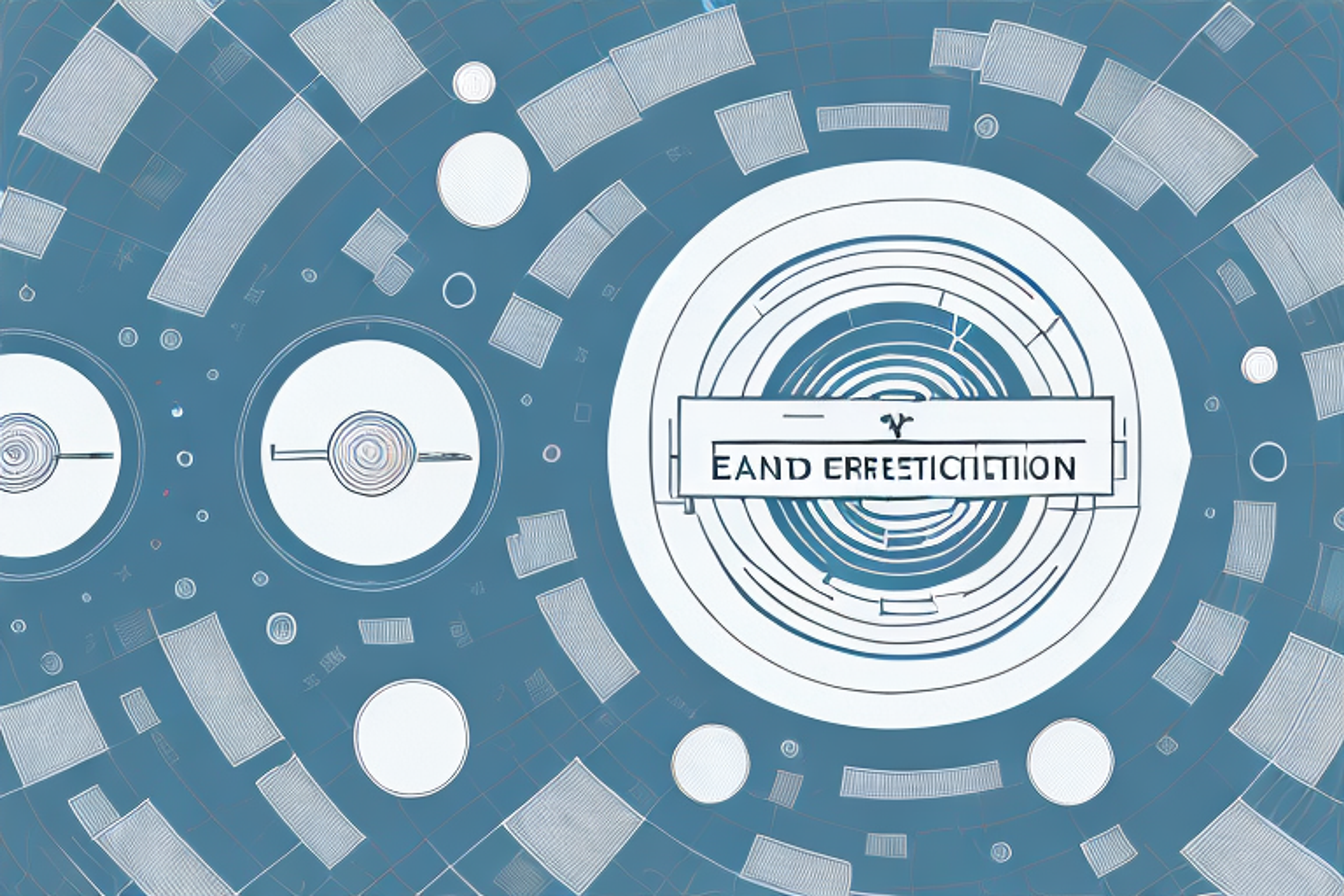
Table of Contents
Are you a high school student looking to gain an edge in the college admissions process? If so, you may have heard of two popular options for applying to colleges and universities: Early Decision (ED) and Early Action (EA). In this article, we'll provide you with a comprehensive guide to help you understand what ED and EA are, the key differences between them, and the pros and cons of choosing one over the other. By the end of this article, you'll have a better idea of which one is right for you.
What is Early Decision?
Early Decision is a binding agreement between a student and a college or university. This agreement states that, if accepted, the student will attend the institution and withdraw all other college applications. The deadline for ED is typically in November, and students are notified of their decision in December.
One important thing to note about Early Decision is that it is a way for students to demonstrate their strong interest in a particular school. Colleges and universities often look favorably upon applicants who apply through ED, as it shows that they are committed to attending that institution.
However, it is important for students to carefully consider whether or not Early Decision is the right choice for them. By applying through ED, students are essentially committing to attend a school before they have had the chance to compare financial aid packages or explore other options. It is important to weigh the potential benefits of Early Decision against the potential drawbacks before making a decision.
What is Early Action?
Early Action is a non-binding agreement between a student and a college or university. This agreement states that, if accepted, the student may still apply to other colleges and universities. The deadline for EA is typically in November, and students are notified of their decision in December or January.
Key Differences between Early Decision and Early Action
One of the key differences between ED and EA is the binding agreement. With ED, students are required to attend the institution if accepted, while with EA, students have the option to attend or decline the acceptance.
Another difference is the notification period. ED decisions are typically released in December, while EA decisions may be released in December or January.
Finally, the application deadline is different. ED deadlines are typically in early November, while EA deadlines can vary, but are usually in November as well.
It is important to note that some colleges offer a restricted early action option, which means that students cannot apply early to any other private college or university. However, they can still apply to public institutions and are not required to attend the college if accepted.
Additionally, some colleges offer an early decision II option, which has a later application deadline and notification period than the regular early decision option. This can be beneficial for students who were not accepted in the early decision round or who need more time to decide on their top choice college.
Pros and Cons of Applying through Early Decision
One major benefit of applying through ED is that it can increase your chances of being accepted. This is because colleges and universities like to admit students who show a high level of interest in attending the institution. Additionally, ED can help you stand out among the highly competitive applicant pool.
However, one potential downside of ED is the binding agreement. If you are accepted through ED, you are required to attend the institution, which can limit your options. Additionally, ED applications are often due earlier than regular decision applications, which can add more pressure to students in terms of preparing their application materials.
Another important factor to consider when applying through ED is financial aid. Since ED is a binding agreement, you are committing to attend the institution regardless of the financial aid package offered. This means that you may not have the opportunity to compare financial aid offers from multiple institutions before making a decision. It is important to carefully research the financial aid policies of the institution before applying through ED to ensure that it is a feasible option for you and your family.
Pros and Cons of Applying through Early Action
One major benefit of applying through EA is that it allows you to apply to multiple colleges and universities while still keeping your options open. Additionally, you will typically receive your decision earlier than those who apply through regular decision.
However, one potential downside of EA is that it may not increase your chances of acceptance as much as ED. This is because colleges and universities do not necessarily view EA applicants as having a higher level of interest in attending than regular decision applicants.
Another advantage of applying through EA is that it can help reduce the stress of the college application process. By submitting your application early, you can avoid the last-minute rush and have more time to focus on other aspects of your senior year.
On the other hand, one disadvantage of EA is that it may limit your ability to negotiate financial aid packages. Since you are not committing to attend the college or university if accepted, they may not be as willing to offer you a generous financial aid package as they would be for an ED applicant who has committed to attending.
How to Choose Between Early Decision and Early Action?
Choosing between ED and EA depends on your individual circumstances. If you have a clear first-choice institution and are willing to commit to attending it if accepted, then ED may be the right choice for you. On the other hand, if you want to keep your options open and apply to multiple colleges and universities, then EA may be the way to go.
Tips for Preparing a Strong Application for Early Decision
If you choose to apply through ED, it's important to prepare a strong application that demonstrates your interest in the institution and highlights your academic achievements. Here are some tips:
- Visit the campus and attend an information session or tour
- Connect with current students or alumni of the institution
- Highlight your academic achievements and extracurricular activities in your application
- Make sure your essays and letters of recommendation are well-written and reflect your passion for attending the institution
Tips for Preparing a Strong Application for Early Action
If you choose to apply through EA, it's important to also prepare a strong application that showcases your academic achievements and interests. Here are some tips:
- Take advantage of any optional essays or additional information sections to highlight your interest in the institution
- Submit all required materials on time
- Ensure your application is well-written and reflective of your interests and abilities
How to Maximize Your Chances of Getting Accepted in ED or EA?
To maximize your chances of being accepted in ED or EA, it's important to focus on your academic achievements, extracurricular activities, and passion for attending the institution. Additionally, it's important to submit all required materials on time and ensure that your application is well-written and reflective of your interests and abilities.
Can You Apply to Multiple Schools Using ED or EA?
With ED, you are only allowed to apply to one institution. However, with EA, you can apply to multiple colleges and universities while still keeping your options open.
What Happens If You Get Deferred in ED or EA?
If you are deferred in ED or EA, it means that the institution has not made a final decision on your application and will re-evaluate it again during the regular decision round. It's important to follow up with the institution and express your continued interest in attending.
What Happens If You Get Rejected in ED or EA?
If you are rejected in ED or EA, it means that you will not be attending that institution. It's important to not take the rejection personally and remember that there are other colleges and universities that would be a great fit for you.
Real-life Examples of Students who Got Accepted in ED or EA
There are many real-life examples of students who have been accepted in ED or EA. These students typically demonstrated a high level of interest in attending the institution, had strong academic achievements, and showcased their passion for their intended major or academic interests.
Common Myths and Misconceptions about ED and EA Applications
There are several myths and misconceptions about ED and EA applications, including the idea that applying through ED always increases your chances of being accepted. It's important to do your research and understand the facts before making a decision.
Should You Apply through Regular Decision if You Don't Get Accepted in ED or EA?
If you don't get accepted in ED or EA, it's important to not lose hope. Many students are accepted through regular decision, and it's still possible to attend a great college or university. It's important to keep your options open and apply to multiple institutions.
Conclusion: Which One is Right for You - ED or EA?
Choosing between ED and EA depends on your individual circumstances and goals. It's important to carefully weigh the pros and cons of each option and consider factors such as your intended major, academic achievements, and level of interest in attending the institution. By doing your research and preparing a strong application, you can increase your chances of being accepted in ED or EA and pave the way for a successful college career.



















